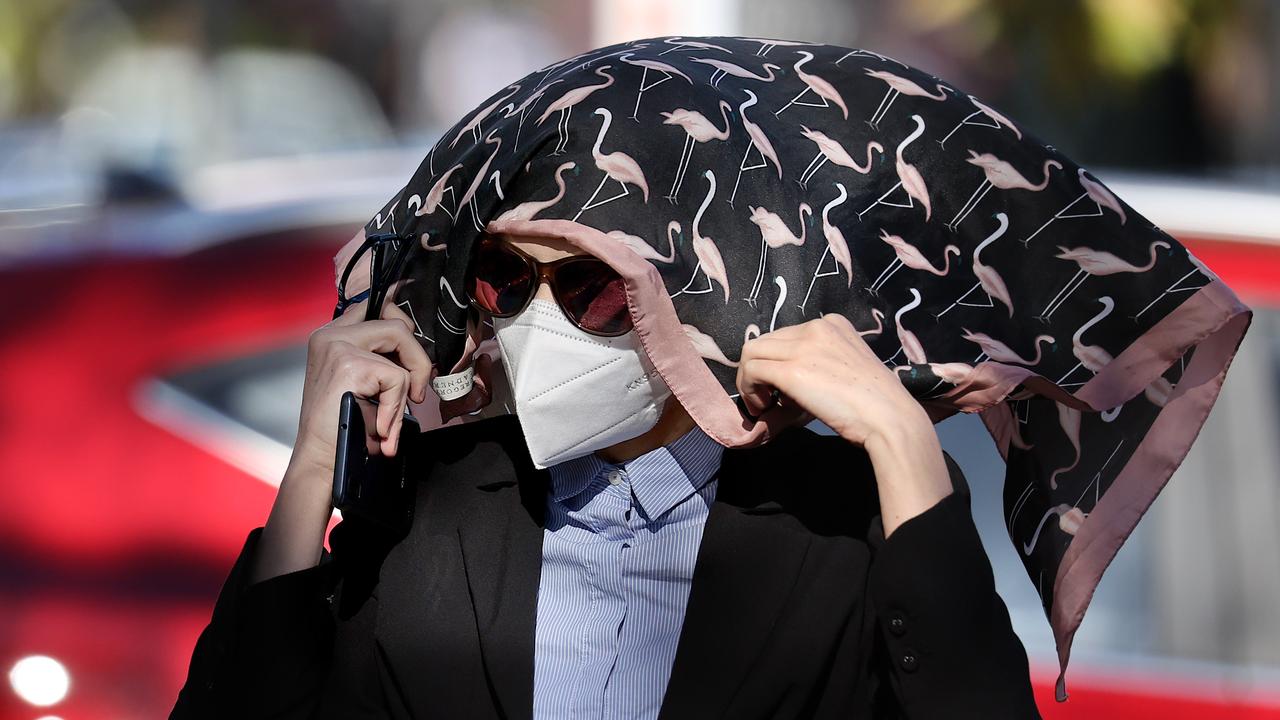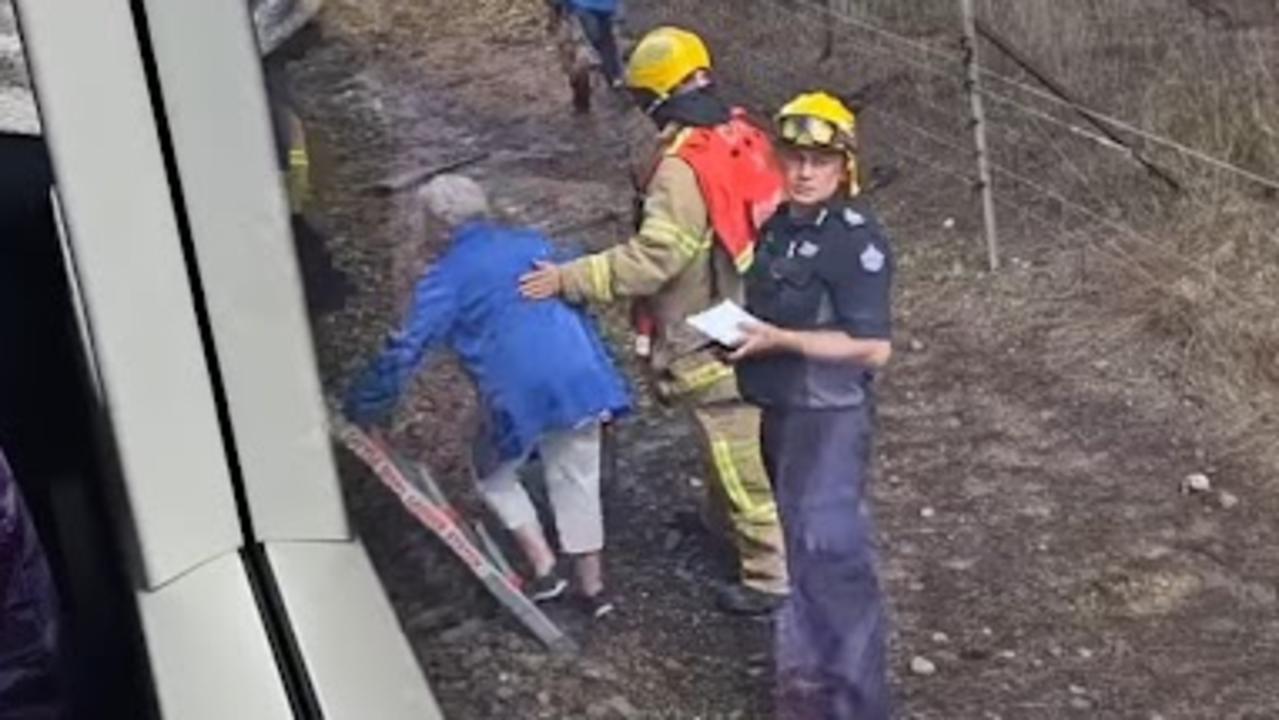News Corp Australia editor Peter Blunden recognised in King’s Honours
Peter Blunden’s 48 years of journalistic leadership has been recognised with a member of the Order of Australia (AM) in the King’s Birthday Honours List.
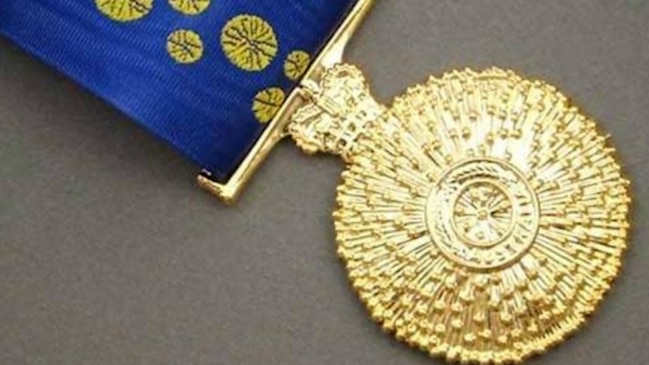
Peter Blunden was in bed when the call came.
It was about 11pm. He had just finished another marathon day as editor of the Herald Sun.
“Have you got the TV on?” the caller asked.
Blunden didn’t stop to think.
He threw on clothes – over his pyjamas – and rushed back to the office to head an all-night team effort to report on dreadful scenes as they happened.
By daybreak, the Herald Sun had forged 40 pages in rolling updates for its coverage of 9/11.
There is something surreal in these moments, when the need to report events shares a place with the certainty that the events will change the world.
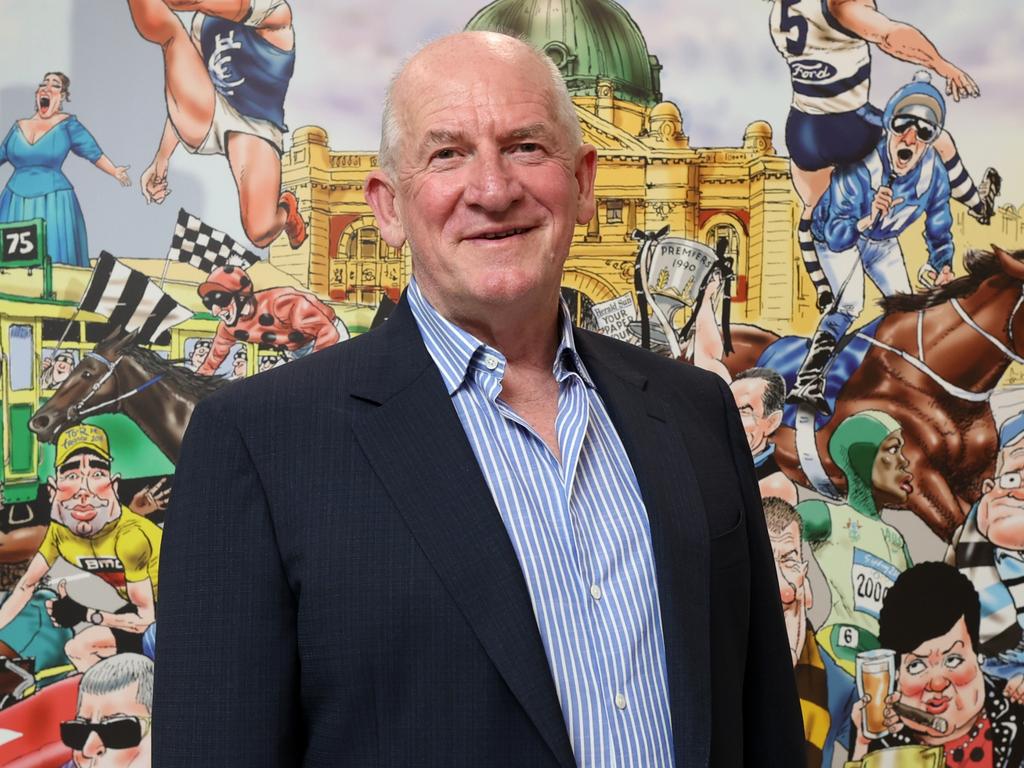
Blunden felt the same chill on the Sunday afternoon of April 28, 1996, when a first report said that six were dead in a shooting rampage in Tasmania. (The death toll would rise to 35.)
Or when Princess Di died in a car accident, which “just captured everyone”.
Or when apocalyptic hues shrouded Victoria on Black Saturday in 2009.
Journalists describe big stories as a front-row seat to history.
“You just run on adrenaline,” Blunden says. “You’re covering it as a journalist but you are actually worrying about the world at the same time.”
Blunden’s 48 years of journalistic leadership has been recognised with a member of the Order of Australia (AM) in the King’s Birthday Honours list.
His storied career took him from Sydney to Adelaide. He was in the room when then prime minister Bob Hawke cried at a press conference about his daughter’s drug addiction.
He started The Australian’s weekend magazine in 1988. He oversaw the introduction of colour into Australian newspapers as editor of the Adelaide Advertiser in 1992.
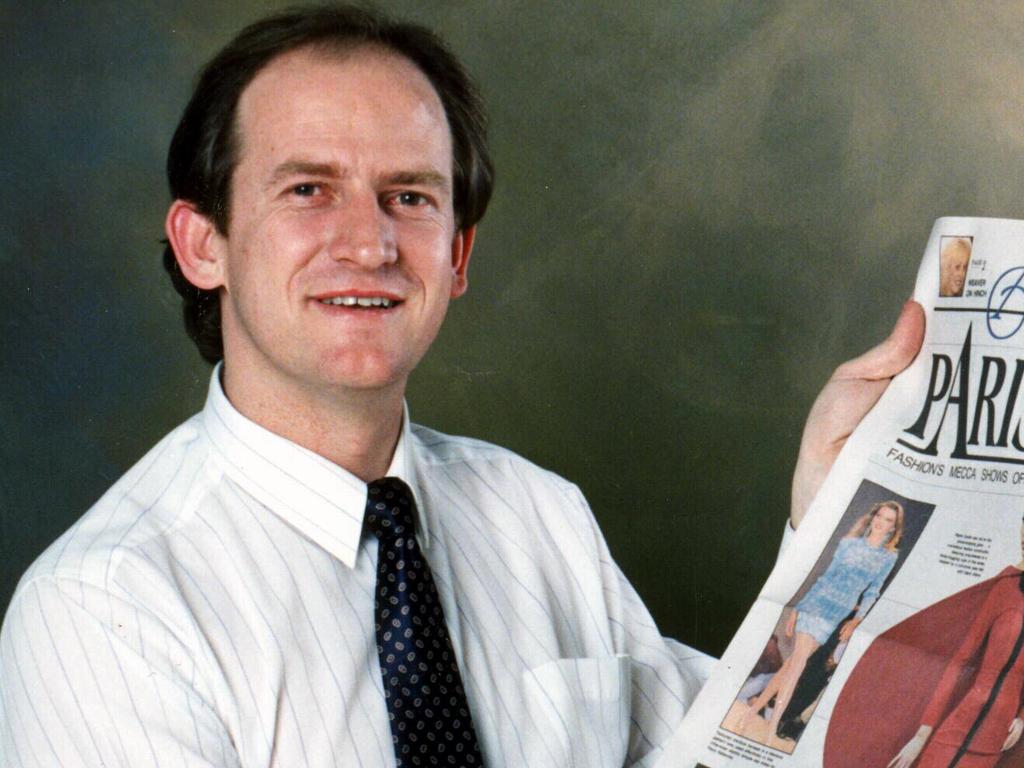
Blunden, now 65, landed in Melbourne in 1996 and set about shaping the news agenda of the city and state.
As with 3AW’s Neil Mitchell, and Channel 9’s John Sorrell, he instinctively got the audience.
He knew what mattered most to the readers. He forged a newspaper, unlike any other in Australia, which was called the pulse of the city.
Every day was a re-set. To get the big story first. And to get it right.
At times, Blunden was said to wield more power than the premier of the day. He made friends, and enemies, too. He scrapped with leaders who feared his influence and tenacity.
“We’re confronted by pretty high legal and political barriers in this job,” he says. “We simply have to fight.”
His approach, once called “bare-knuckled”, was fashioned from his first days as a cadet at the Sydney Telegraph in 1976.
There, Blunden remembers a fug of cigarette smoke, the chatter of typewriters and the gruff orders of his bosses.
“You either beat them or you didn’t,” he says of rival media outlets. “And you heard about it if you didn’t.”
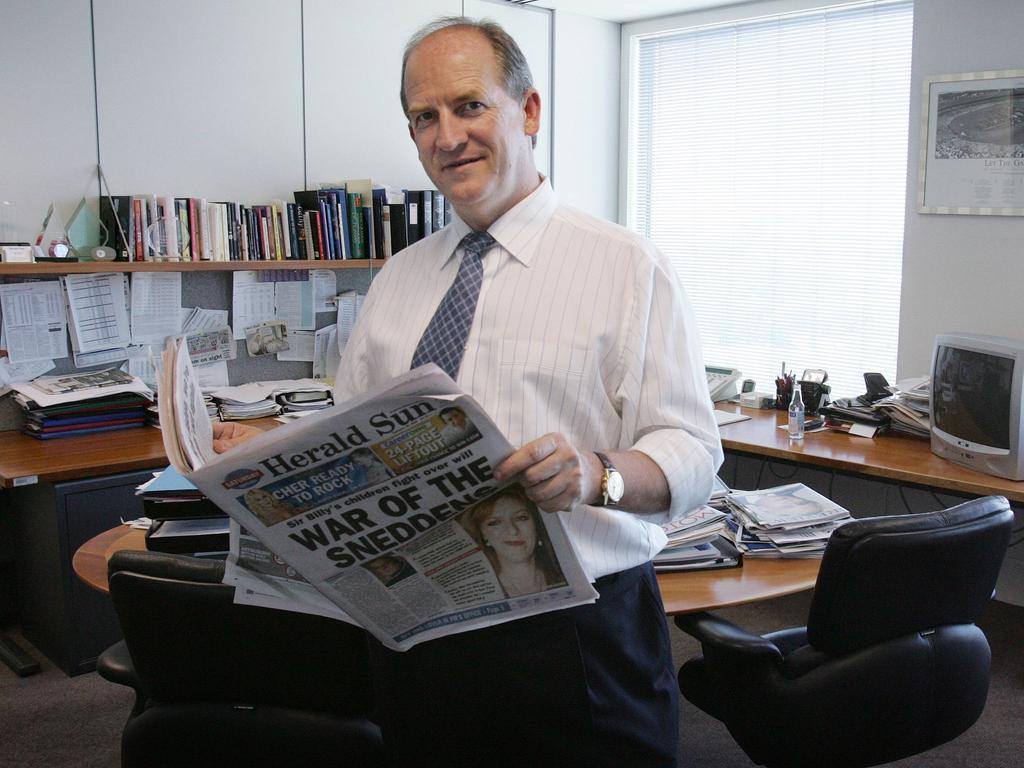
Blunden and his wife Anna have four children between them and three grandchildren.
He is the national executive editor of News Corp Australia, and oversees all national networks, including news, sport, commercial, racing and Newswire.
He was on the board of the Alannah and Madeline Foundation for 17 years. He serves on the boards of the Herald & Weekly Times and the Royal Children’s Hospital Foundation, and is director of the Good Friday Appeal
Blunden recalls learning that then premier Steve Bracks was about to sack then Governor James Gobbo in 2000.
He wanted the story for the Herald Sun alone.
At the time, competing newspapers would scan one of the first copies of the opposition’s first edition to check what stories they had.
Blunden, ever protective of his yarn, had a dummy front page mocked up so that the Age could not rip off the story.
He wants to see tech platforms held to a higher account. “The toxicity of social media and the greed and recklessness of its proprietors has been the low point of the journey,” he says.
How people consume news will continue to shift. Yet some fundamentals will never change.
Great newspapers celebrate, inspire, challenge and campaign. When there’s a big story, “you want to do it as best as you can”.
He says a newspaper’s clout comes with a compact – to make its city, state and nation better.
“That’s the real reward,” he says, “better outcomes for people who need help. Making a difference.”
More Coverage
Executive chairman of News Corp Australasia, Michael Miller said: “Peter is an acclaimed journalist and industry leader, and his Member of the Order of Australia (AM) is justly deserved”.
“As a leader Peter has always rolled up his sleeves when it comes to getting a job done – as a journalist, editor or managing director – and his passion is infectious. His vision and commitment inspires others to follow his lead, and he has mentored many journalists who are now leaders in their own right,” Mr Miller said.
“While Peter is no stranger to being recognised with media awards – particularly his induction into the Media Hall of Fame in 2013 – this honour also recognises his considerable contribution to the community. He has always worn his heart on his sleeve when it comes to helping others, and his work as a Board Member of the Good Friday Appeal, and as a former director with The Alannah and Madeline Foundation, is testament to this”.





